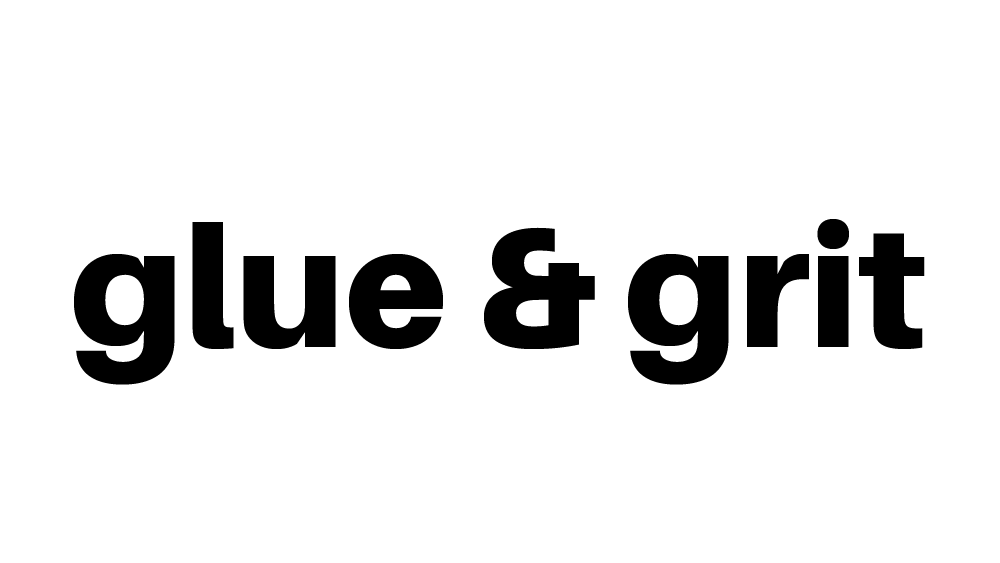If you are distressed by anything external, the pain is not due to the thing itself, but to your estimate of it; and this you have the power to revoke at any moment.
Marcus Aurelius
Your eyes are locked on the screen. You know this isn’t real, but to your body it may as well be… Thankfully, the film is about to end. Now, if only your amygdala knew this.
When you can’t see what’s hiding in the dark, your mind imagines the worst. Fleeting glimpses of something horrible. But this hidden terror, could be just a cat rustling through the bushes.
Any monster, once revealed, loses some of its power. Film directors use this to play with the senses. They don’t show the threat. The keep us guessing, building the tension continuously.
This works because fear of the unknown is hardwired in all of us. A long time ago, staying alive often meant not finding out what that sound was.
No plan survives first contact with the enemy.
Helmuth von Moltke the Elder
In unknown situations, our survival instincts kick in. We try to gain control to feel safe. But that’s the flaw in our plans: we can’t control everything.
Old models, like Waterfall, assume everything is known from the start. That we can see the whole path from the top of the hill to the bottom. Real life, especially if in complex domains, rarely works that way.
This is why “Responding to change over following a plan” is so powerful. It spins the old assumption on its head. We need to accept that we can’t know everything, and move forward anyway.
Courage is not the absence of fear. It’s the ability to act despite it.
Being brave doesn’t mean we should jump head first without checking. We need to be smart, removing the risks by not leaving dark places that “monsters” can hide in. And short iterations are great at doing that. We either deliver, or find out why we didn’t. The quicker we reach one of these outcomes, the better we can prepare for the next one.
After all, we’re here to solve a problem, not to just put some pixels on a screen.
Ask:
- How important is this problem to solve?
- What happens if we don’t?
- How much time are we willing to spend on this? A week? A year?
Parkinson’s law says:
“Work expands to fill the time available for its completion.”
Which can also be used to our benefit. If we only have 2 days to build a shelter, we should think be thinking of huts, not castles.
Yes, a castle would be amazing. But what’s the point of how many fireplaces it’s going to have, if we can’t deliver it in the first place? (and this assumes that we actually know how to build a castle already)
So start with something small. Test the foundation. Fix problems. Iterate.
And that backlog? Clear it. Those 237 “must-have” features from 2019? We won’t be building them. The team has changed. The market has shifted. Our understanding has evolved.
So we’ll have some unknowns, so be it. We’ll figure this out.
references
Photo by Neil Rosenstech on Unsplash


Leave a Reply